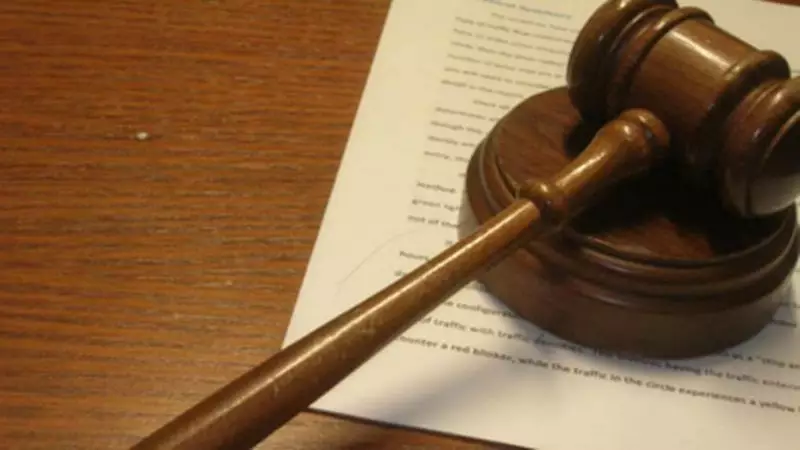
In a significant judgment that reinforces democratic principles in cooperative housing societies, the Bombay High Court has ruled that elected managing committees cannot be removed merely on suspicion or due to minor procedural lapses. The court emphasized that such drastic action affects the democratic functioning of these societies.
Court Quashes Orders Removing Elected Committee
A single-judge bench of Justice Amit B Borkar delivered the verdict while hearing an appeal filed by Jijau Cooperative Housing Society Ltd from Kamothe in Navi Mumbai. The society had challenged the February 13, 2025 order passed by the Assistant Registrar that removed their 10-member managing committee and appointed an Administrator to handle day-to-day affairs.
The appellate authority of the Joint Registrar had upheld this decision on August 26, 2025, which prompted the society to approach the High Court for relief. The court ultimately quashed and set aside both orders from the cooperative authorities.
Background of the Dispute
The case originated from decisions made by the housing society to address urgent repair needs. During a general body meeting held in June 2022, members decided that each household would contribute Rs. 10,000 per month for five to ten months specifically for repair and painting work.
In a subsequent meeting, based on estimates presented by a structural engineer, it was determined that the final contribution amount would be recalculated after completion of the work. Approximately 95% of the members had agreed to pay these contributions for the necessary building repairs.
However, two members of the society filed a complaint with the Assistant Registrar, who then appointed an authorized officer to investigate. The officer's report in October 2024 claimed the society was not functioning according to its bylaws and the provisions of the Maharashtra Cooperative Societies Act.
Legal Principles Established
Justice Borkar's judgment provided crucial interpretation of Section 78A of the Maharashtra Cooperative Societies Act, 1960, which deals with the Registrar's power of supersession of committee or removal of member. The court described this power as "serious" and "drastic" and emphasized that it "must be used with caution."
The court established that the Registrar must examine evidence carefully and record proper reasons before taking such extreme action. Vague complaints without supporting documents cannot form the basis for removing an elected committee that represents the will of the majority of society members.
Justice Borkar noted that the allegations in this case did not demonstrate any financial irregularities or that the society had ceased functioning. The administration had not collapsed, and the complainants had essentially approached the Registrar because they disagreed with the contribution amount fixed by the general body, which represents the supreme authority within any cooperative society.
Broader Implications for Housing Societies
This judgment sets an important precedent for thousands of cooperative housing societies across Maharashtra. The court clarified that elected committees are answerable to their members, but removal is only permitted when harmful acts are clearly established through material evidence on record.
The ruling protects the democratic rights of majority members while ensuring that dissenting members cannot misuse administrative powers to overturn decisions they simply disagree with. This balance is crucial for the healthy functioning of cooperative housing societies, which form the backbone of urban residential infrastructure in many Indian cities.
The petitioner society was represented by advocates Vivek V Salunke and Manthan A Chaudhari, while advocate B A Lawate represented the complainant members. Assistant Government Pleader Dhruti Kapadia appeared for the state government, supporting the impugned orders that were ultimately set aside by the High Court.





